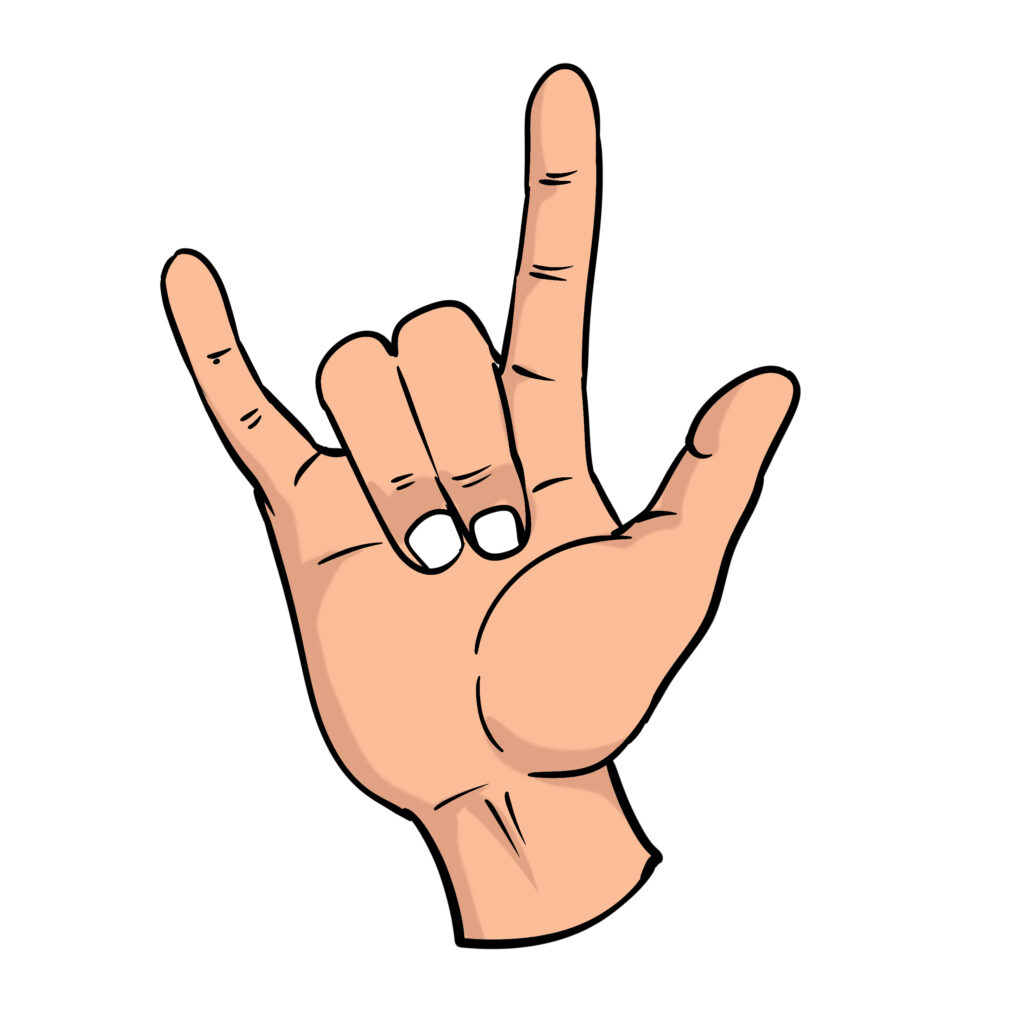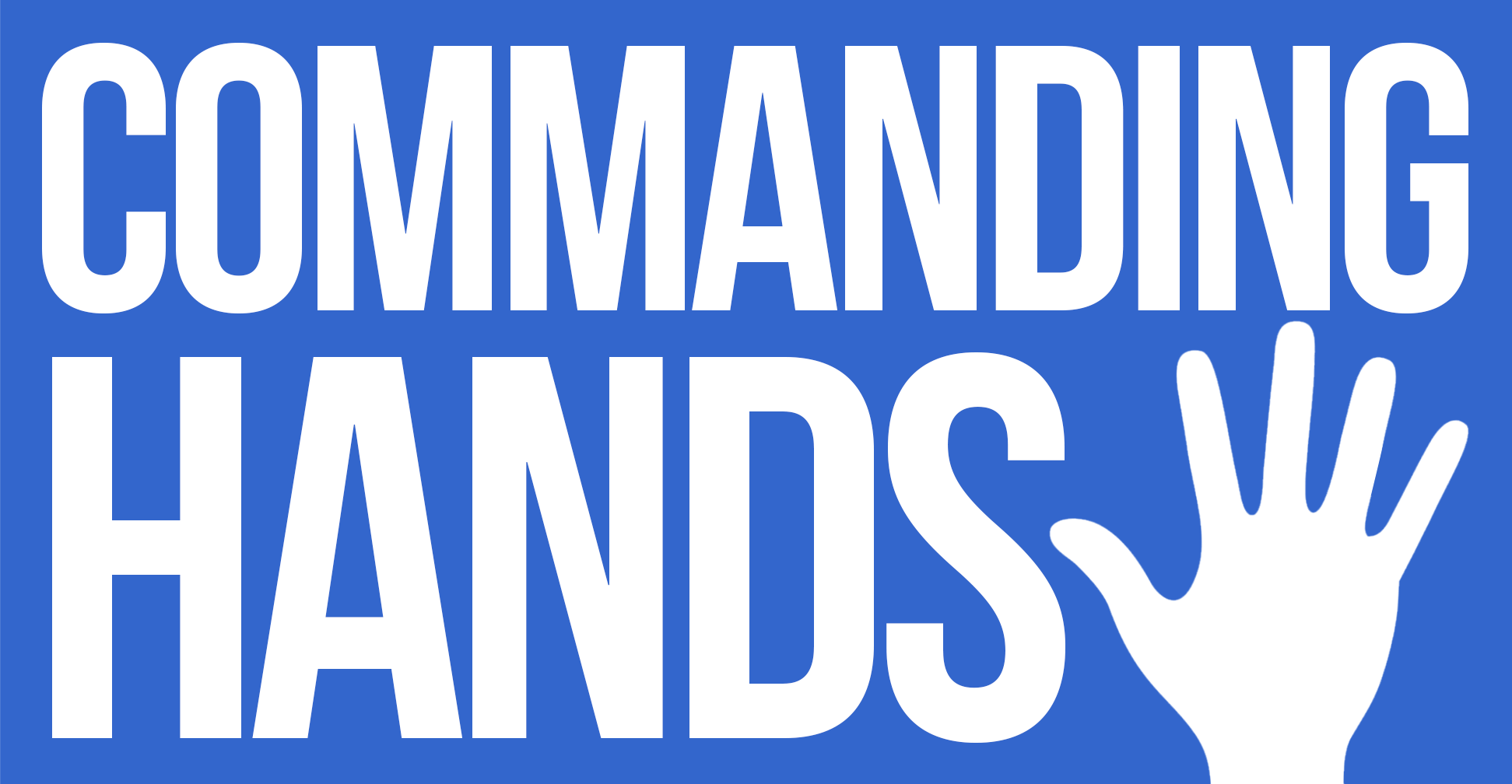
British Sign Language (BSL) is the official sign language of the UK. Here’s some answers to frequently asked questions about BSL.

- How many people use BSL?
151,000 people in the UK use BSL and 87,000 of those are deaf1. 22,000 people in England and Wales use BSL as their main language2. - Do all deaf people use BSL?
No. 1 in 6 people experience a hearing loss3. Approximately 151,000 people in the UK use BSL and 87,000 of those are deaf1. There are 67 million people in the UK4. These statistics tell us that there are millions of people who could benefit from learning BSL. - Is sign language universal?
No. Like spoken languages many countries have their own sign language but some are similar. BSL is part of a sign language family called BANZSL incorporating BSL, Auslan (Australia’s sign language) and NZSL (New Zealand Sign Language). Comparing the three sign languages, approximately 80% of signs are identical and 98% similar5. The similarities in sign languages usually depend on their origins. Some signs are borrowed from other sign languages and widely used, for example the ASL (American Sign Language) sign for “I love you” is formed from the letters I, L and Y in ASL. This sign is almost universally used and even has it’s own emoji. 🤟 - Is BSL the same as Makaton?
No. Makaton uses signs and symbols to help people communicate designed to support the development of spoken language. The signs Makaton uses are based on BSL however Makaton uses the grammatical word order of English. BSL is standalone language officially recognised in the UK. BSL has it’s own grammatical word order and makes use of facial expressions and gestures to convey meaning. - Can I learn BSL online?
To get a complete and true experience of learning BSL, we recommend that you learn BSL in a classroom with a qualified BSL teacher and interact with the Deaf community. Many qualified BSL teachers are deaf themselves and may have volunteers to help you practise. However, learning online offers an easy introduction to the language and watching videos (like ours) helps boost your vocabulary. Reading books (see our recommendations) will also help develop your BSL skills. - Can I learn BSL as an older person?
Yes. Absolutely. Many people lose their hearing later in life and learning BSL will help you as your hearing declines. Deaf Clubs welcome new members and many have meetups specifically for Over 50s, so not only will learning BSL help you with everyday communication, it provides a wonderful opportunity to meet new friends.
1. BSL statistics by British Deaf Association.
2. Census 2021 – British Sign Language by Signature.
3. Deafness and hearing loss facts by Hearing Link.
4. Population estimates for the UK by Office for National Statistics.
5. BANZSL by Sign Community.
